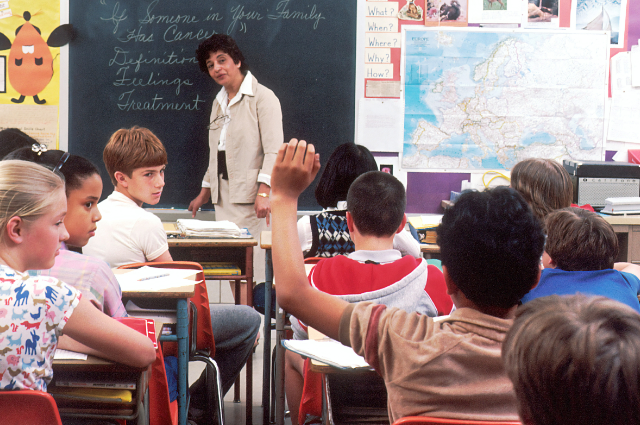
Photo by National Cancer Institute on Unsplash
Teacher-student relationships are an important aspect of education and can greatly influence the learning experience and outcomes for students. A positive and supportive relationship between teachers and students can foster a conducive learning environment, enhance student engagement, and promote academic and personal growth. Here are some key points to consider:
- Trust and Respect: Building trust and mutual respect is crucial in teacher-student relationships. Students should feel comfortable approaching their teachers with questions, concerns, or any difficulties they may be facing.
- Communication: Effective communication is essential for a healthy teacher-student relationship. Teachers should listen to their students, encourage open dialogue, and provide clear instructions and feedback. Students should also feel encouraged to express their thoughts and ideas.
- Support and Guidance: Teachers play a significant role in guiding and supporting their students. They should provide academic assistance, offer guidance in setting goals, and help students develop problem-solving skills. Teachers can also serve as mentors, offering advice and encouragement beyond the classroom.
- Personalized Approach: Recognizing that each student is unique, teachers should strive to understand their individual strengths, weaknesses, and learning styles. Adapting teaching methods and providing personalized support can help students thrive academically and emotionally.
- Fairness and Equity: Teachers should treat all students fairly and equally, avoiding favoritism or bias. It is important to create an inclusive environment that values diversity and promotes equality of opportunity for all students.
- Emotional Support: Teachers can provide emotional support by being empathetic, understanding, and sensitive to students' needs. Recognizing and addressing emotional well-being can positively impact students' overall development and academic performance.
- Boundaries and Professionalism: While it is important to build a rapport with students, teachers must maintain appropriate boundaries and professionalism. There should be clear guidelines on acceptable behavior, communication channels, and appropriate interactions.
- Role Modeling: Teachers serve as role models for their students. Demonstrating positive values, ethics, and behavior can have a lasting impact on students' character development and moral compass.
- Collaboration with Parents: Building a strong partnership with parents or guardians is beneficial in supporting students' educational journey. Regular communication and collaboration can help address any concerns and provide a holistic support system.
Remember that teacher-student relationships may vary depending on the educational level, cultural context, and individual circumstances. However, the underlying principles of trust, respect, communication, support, and fairness remain fundamental in fostering a positive and effective teacher-student relationship. Imparting knowledge/skill is the responsibility of the teacher but I think he/ she has to have the holistic interest of the student at heart. To be a resource of support( academic, mental, physical, social, spiritual, etc) at all times.
